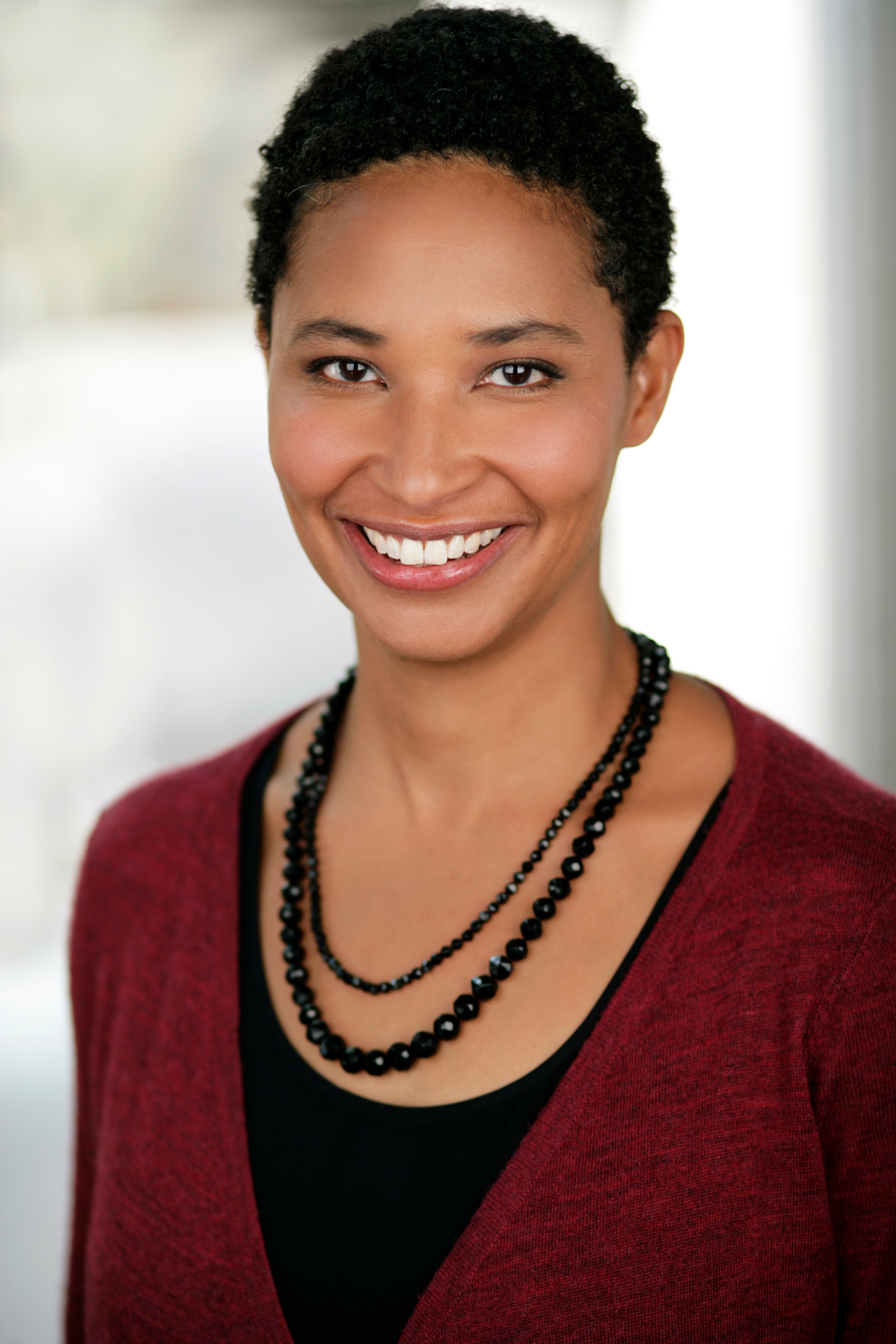Danielle Allen

Danielle Allen is a renowned political philosopher and MacArthur Genius with the powerful ability to connect us to complex ideas about democracy, citizenship, and justice. Whether speaking on American educational policy, equality and ethics in the digital age, or the nation’s founding documents, Allen is a bold, incisive scholar who challenges us to look beyond what we think we know. Danielle Allen is a path-breaking analyst of history and contemporary events and a leader in higher education. She is currently Director of the Edmond J. Safra Center for Ethics at Harvard University as well as Professor in Harvard’s Department of Government and Graduate School of Education. Before joining Harvard, she was UPS Foundation Professor at the Institute for Advanced Study in Princeton, the first African American faculty member to be appointed to the Institute that was Einstein’s home for two decades. She is also a contributing columnist for the Washington Post. Allen is the author of five books, including Talking to Strangers: Anxieties of Citizenship since Brown v. Board of Education and Our Declaration: a Reading of the Declaration of Independence in Defense of Equality, which won the Francis Parkman Prize from the Society of American Historians and the Chicago Tribune’s Heartland Prize for Nonfiction, and was called “a tour de force” by The New York Review of Books. Her upcoming book, Education and Equality, scheduled for release in 2016, offers a critical clarification of just how important education is to democratic life, as well as a stirring defense of the humanities. She is a member of the American Academy of Arts & Sciences and the American Philosophical Society, and a 2001 winner of a MacArthur Foundation Fellowship.